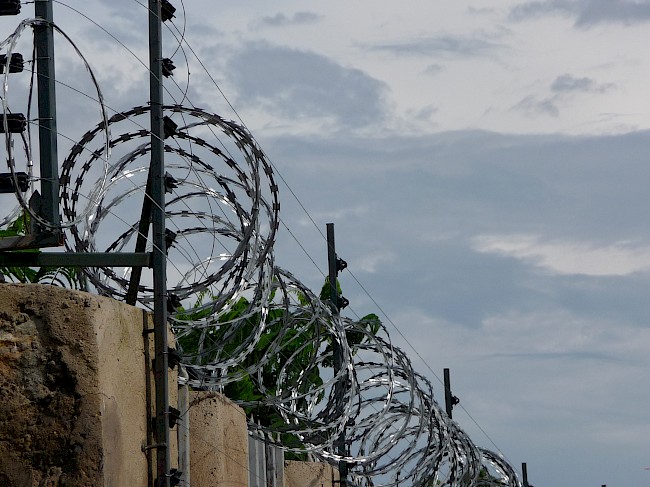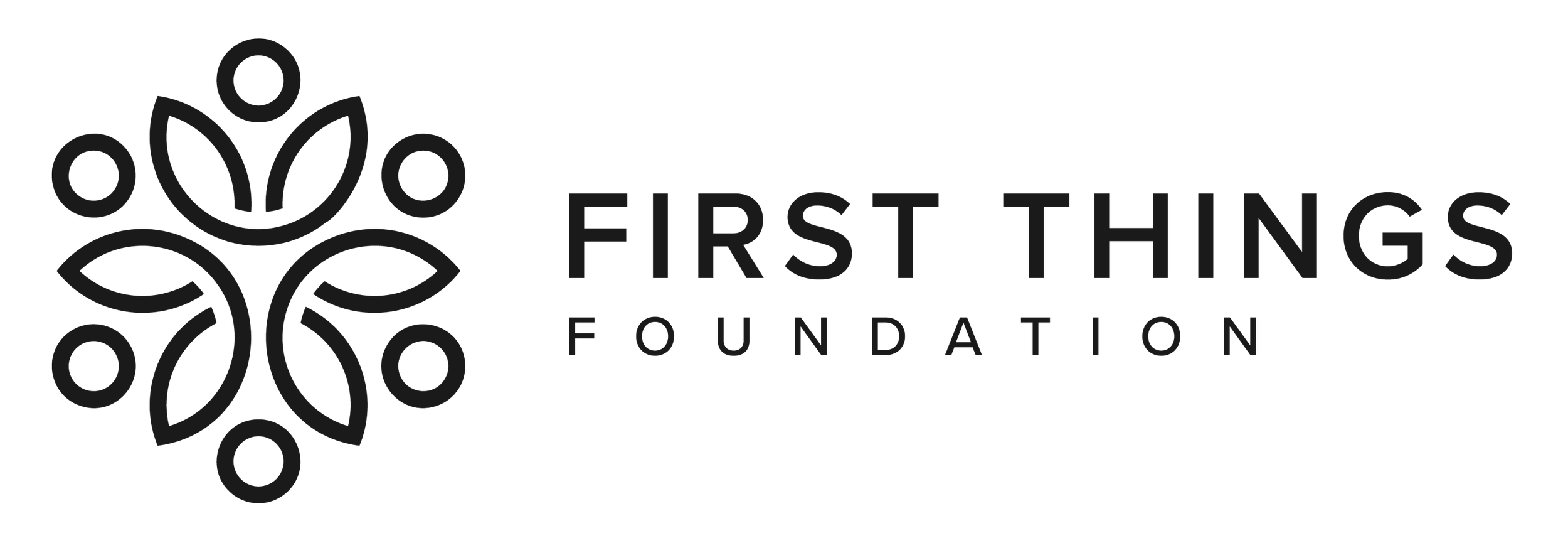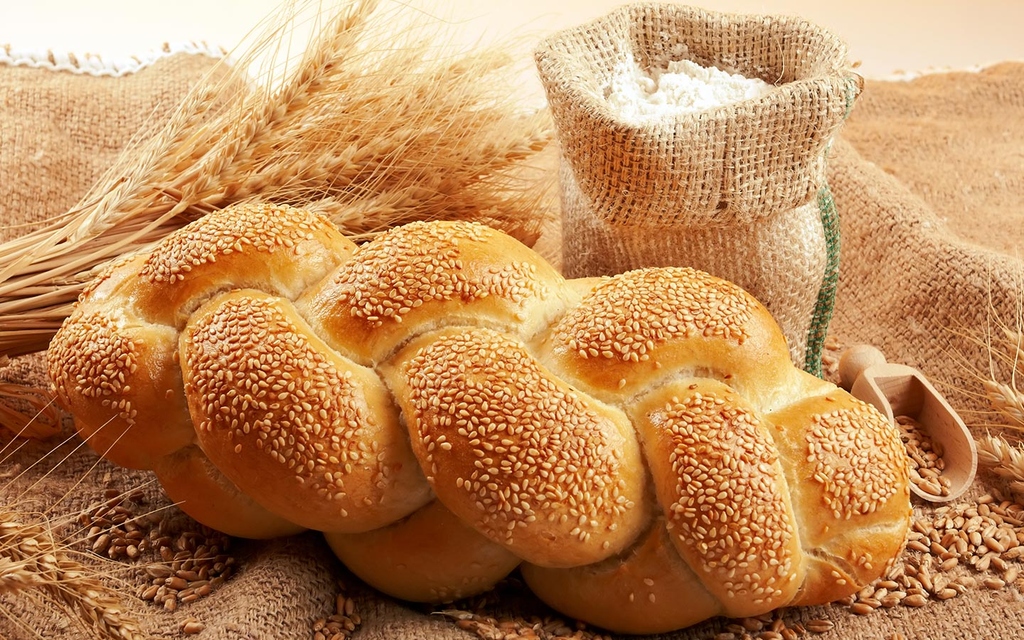How About Some Bread With That Petroleum?
Did you know that today, right now, Nigeria and Angola sell more oil to the United States than Kuwait? Look it up. Did you know that as of this moment nearly 80% of all coltan is mined in Africa, 30% of it coming from Mozambique and Rwanda, often via war torn Congo.? Coltan is the key ingredient in the micro-circuitry of cell phones and laptops. It keeps the current flowing and your devices working. It’s the stuff the West is made of.
Companies like Motorola, Sony and Ericsson get nearly all of their coltan from nations that rest far below the worlds' poverty line. Mozambique is the 4th poorest country in the world according to Human Rights Watch; the Congo “tops” the list at number one. Are these nations being exploited by large multi-national corporations?
I think the answer is found in the word company.
The word company, as I was reminded by Ernesto Sirolli, comes from the Latin words cum and panis. Panis is the word for bread, and cum is simply “together with”. Our word company literally means “together with bread”. Which makes sense, of course. Companies are made up of people who, when they do it correctly, break bread together- maybe over lunch or at a conference or perhaps even at home after making friends on the job. We break bread together when we work together. Or at least we should. It makes us human.
But what happens when a company, a collection of bread breakers, makes its way into foreign markets and far away cultures? How should these bread breakers act within the community they now call home?
It seems to me that they should be true to themselves. It seems obvious that they should share a table and a life and a relationship with those in the community- those they inevitably employ.
So with that, I give you a few pictures and a good article to read. First, here is some insight on how the medical industrial complex in Africa affects private spaces.. And here’s a picture of a typical westerners home as seen from the African street.  This one is in Kenya, but really it could be from most any developing nation. Here’s another from Freetown in Sierra Leone.
This one is in Kenya, but really it could be from most any developing nation. Here’s another from Freetown in Sierra Leone.  Ouch. Barbed wire. Nasty glass shards set in concrete. Modern day moats. Do you see the gated community on steroids? Do you imagine a lot of cum panis going on here?
Ouch. Barbed wire. Nasty glass shards set in concrete. Modern day moats. Do you see the gated community on steroids? Do you imagine a lot of cum panis going on here?
Neither do I.
No, the truth of the matter is we folks from the West love to be a part of emerging markets so long as we don’t have to break bread with less than emerging neighborhoods. It is not the business that is the problem, it is the way we do business that screws everything up. Many international companies aren’t actually companies anymore. They are no longer bread breakers. At their worst, they are bread takers.
So the next time you think about how to help the poorest among us consider supporting a company that tries to live like a company.
Consider supporting FTF as we try and do the soulful work of breaking bread with local entrepreneurs in cafes and libraries and at the local watering hole. We do this in order to become true assets to the community. I mean, we don’t even have offices where we work. Our workplace is the marketplace, literally. Even if we wanted to build the moat we couldn’t!
Help us resurrect the notion that companies are where relationships happen. Help us re-teach that people are more important than profit. #stopaidstartpeople

